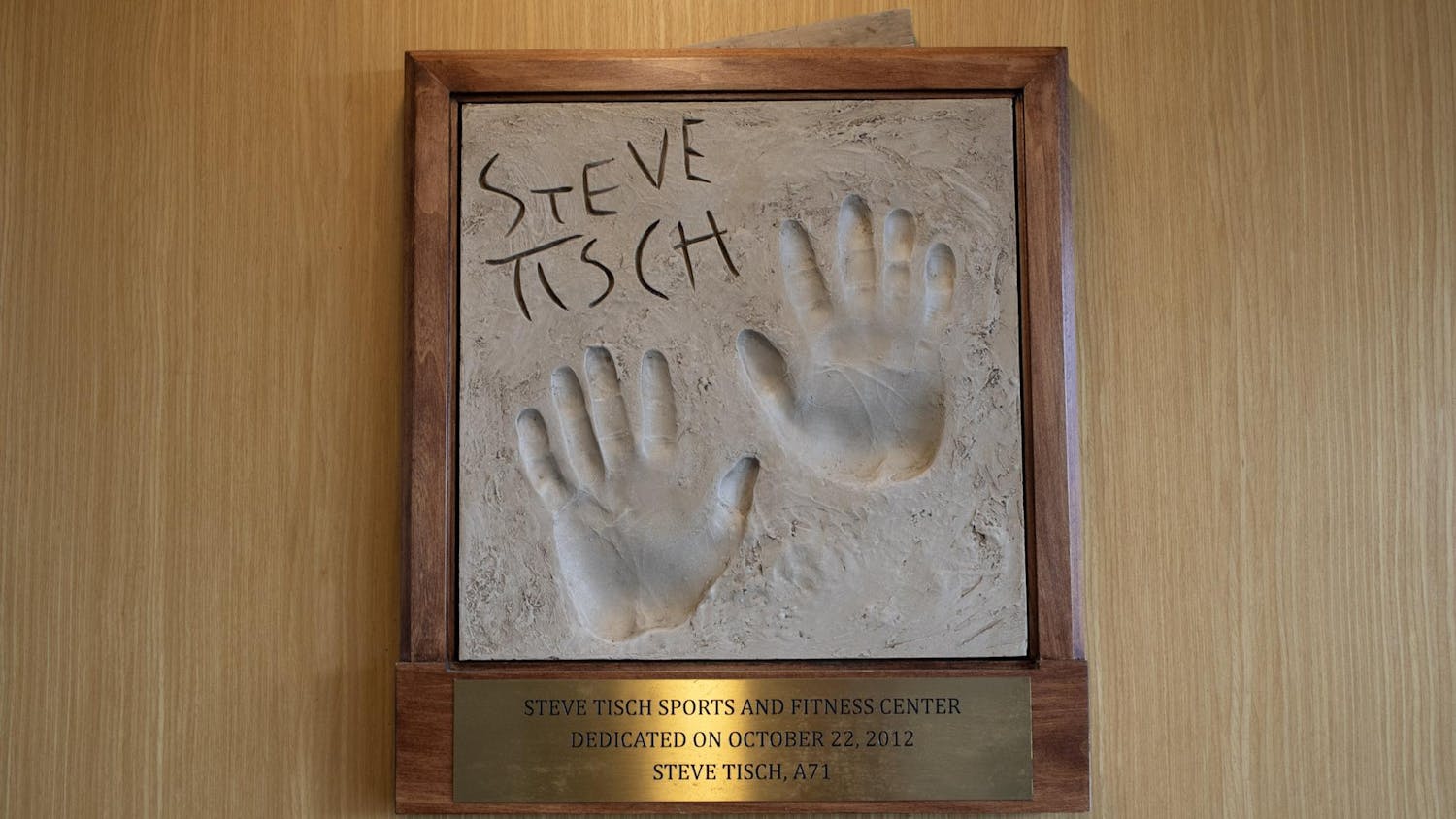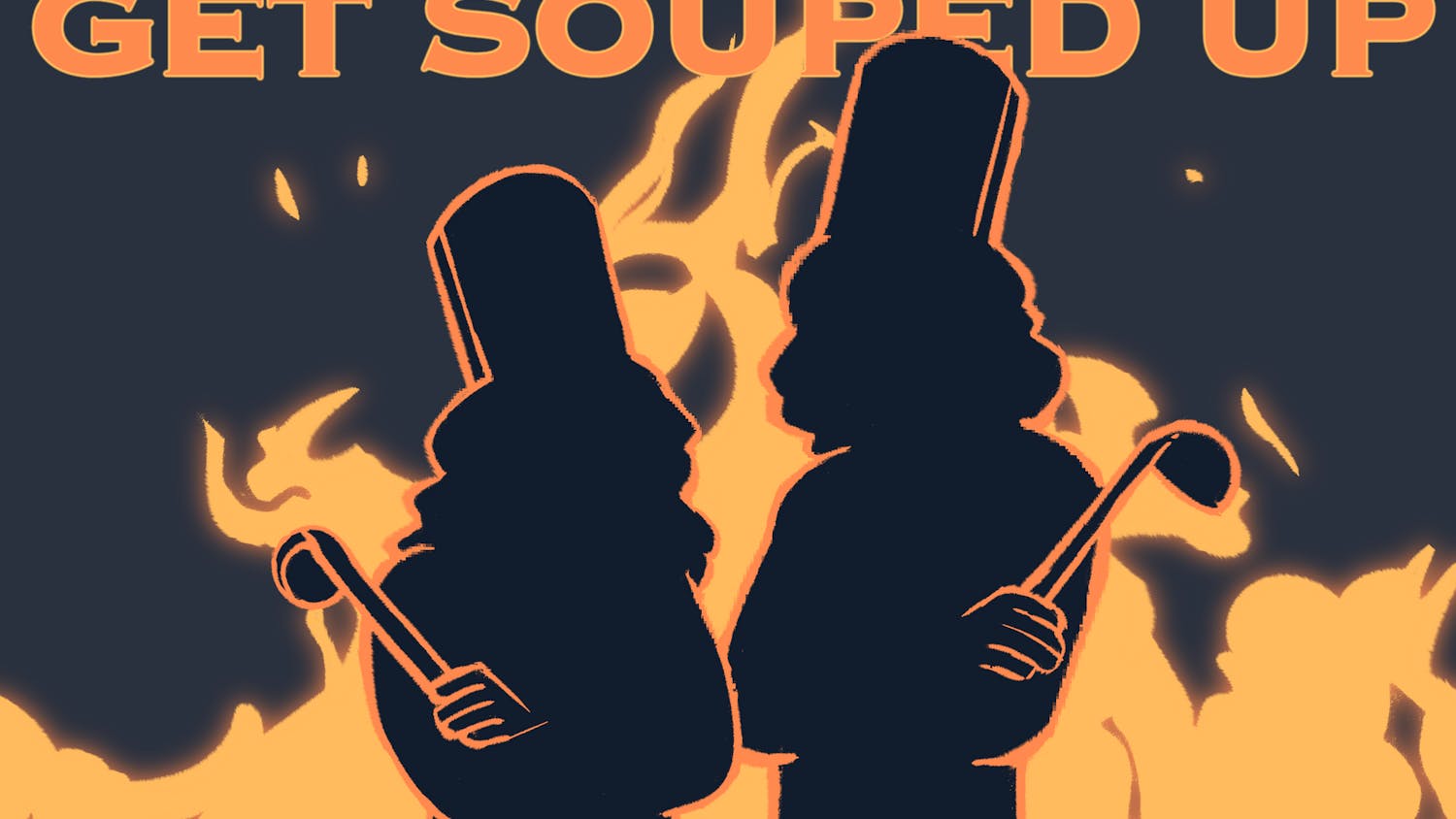This spring, a team of Ukrainian women took a dangerous trip to Russia and Russian-occupied Crimea to bring home some of the Ukrainian children who were illegally kidnapped from the other regions occupied by the Kremlin. Although around three dozen rescued kids are now able to reunite with their families, thousands or even hundreds of thousands of Ukrainian children and teenagers still cannot return to Ukraine.
The children, taken from schools, orphanages and summer camps without their consent or their parents’, have to live in poor conditions in a foreign country that sends missiles meant to destroy their homes. They are constantly forced to listen to Russian propaganda that lies about their caregivers not being willing to take them back to Ukraine, and they face the risk of unlawful adoption by Russian families. The forced procedure has been considered an act of genocide, as Russians adopt Ukrainian children without permission from the latter’s families or Ukrainian authorities. At the very least, Russians attempt to erase the children’s national identity by forbidding any ties to Ukrainian culture, including speaking Ukrainian language and listening to Ukrainian music.
The process of bringing back the children from the custody of the Russian authorities is incredibly challenging, in particular because Russia is trying to mask the war crime as an act of bringing kids to a very disputable so-called safety. The female group coordinated by the charity Save Ukraine, which has brought back 31 children this April, had to go to Russia to save the kids themselves. To get to Russian-occupied Crimea and the Russian cities of Voronezh, Rostov and Belgorod, the members of the group crossed the Poland and Belarus borders because there is no way to directly go from Ukraine to Russia due to severe, ongoing military battles.
Hearing about the tragedies and crimes before the full scale war, I thought that I would never be able to live through something like this. For some reason, I considered my mental resources too limited to survive, with people close to me under occupation and not having any way to contact them. I changed my mind after late February and early March of 2022. Shortly after the Russian military entered towns around Kyiv, my friend and colleague in Bucha was locked in the occupied city hiding in a basement for multiple weeks without access to electricity, heating and at times food and water. Going outside to connect to the internet or search for supplies was too dangerous, as Russians did not let any Ukrainians leave the area, shooting at them if they attempted to escape.
At the same time, Russian troops relocated closer to my home city of Kryvyi Rih, with battles taking place on the opposite end of the city from my family’s apartment. It was truly unclear if I would ever see my mom, dad and younger brothers ever again. Luckily, I did, and I survived the horrifying events while suffering some consequences to my body — I lost more than 10% of my weight in two weeks — that I might be dealing with for a while.
It hurts to see people trying to justify Russians by attributing the war solely to the Russian President Vladimir Putin. I doubt that the soldiers received direct orders to be as violent as they were in Bucha and the surrounding cities and localities. The representatives of the Russian authorities could protest against taking children without the consent. Supporting and actively participating in the war is every Russian’s personal choice.





